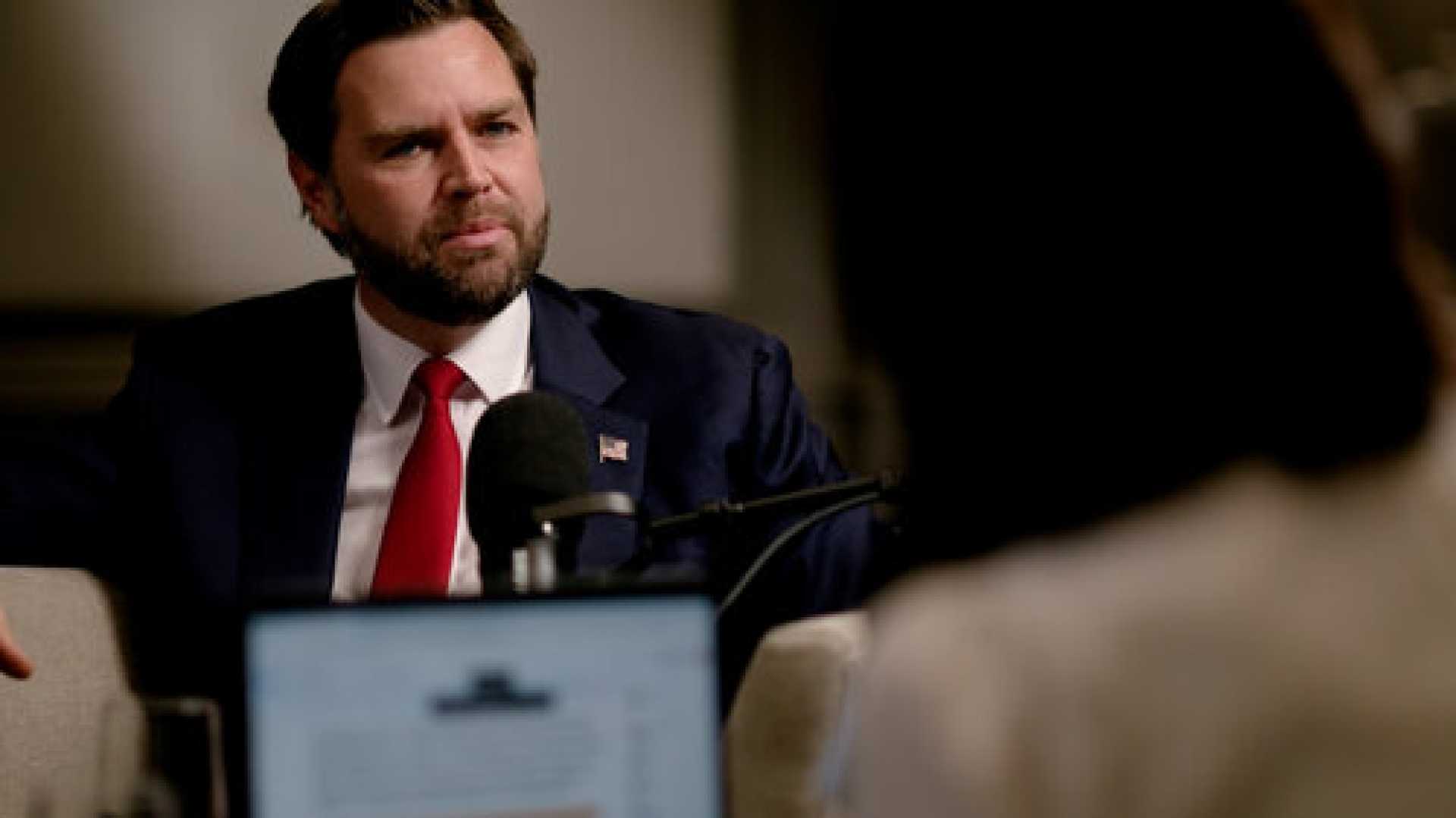Politics
JD Vance Evades Questions on Trump’s 2020 Election Loss in Interview with Lulu Garcia-Navarro

In a recent interview with Lulu Garcia-Navarro, host of ‘The Interview’ podcast by The New York Times, Republican vice-presidential nominee JD Vance repeatedly dodged questions about whether he believes former President Donald Trump lost the 2020 presidential election. During the conversation, Garcia-Navarro posed the question multiple times, but Vance refused to provide a direct answer.
Vance instead shifted the focus to his concerns about the aftermath of the 2020 election, citing issues such as an open border and rising grocery prices. When pressed further, he raised allegations about censorship by major tech firms, suggesting that the suppression of the Hunter Biden laptop story may have cost Trump millions of votes. Vance framed this as a critical issue of censorship in the United States, rather than addressing the election outcome directly.
Garcia-Navarro persisted in her questioning, highlighting that there was no evidence of election fraud, a point that Vance dismissed as a “slogan.” This exchange mirrors the ongoing debate over the legitimacy of the 2020 election, with Vance’s stance aligning closely with Trump’s rhetoric. Trump has consistently claimed that the election was stolen from him, despite the lack of evidence supporting these claims.
The interview also touched on Vance’s commitment to a peaceful transfer of power and his assurance that he would respect the outcomes of the 2024 election, while also emphasizing the importance of ensuring election integrity. Vance mentioned that the Republican National Committee has initiated numerous lawsuits to guarantee that every legitimate vote is counted.
This interview is part of a broader pattern where Vance has been engaging with the media at campaign events and through various interviews, showcasing a mix of introspection and evasiveness on key issues. His willingness to address complex questions while avoiding direct answers on contentious topics has been a subject of discussion and criticism.












